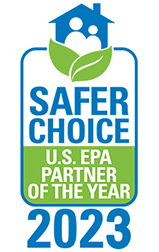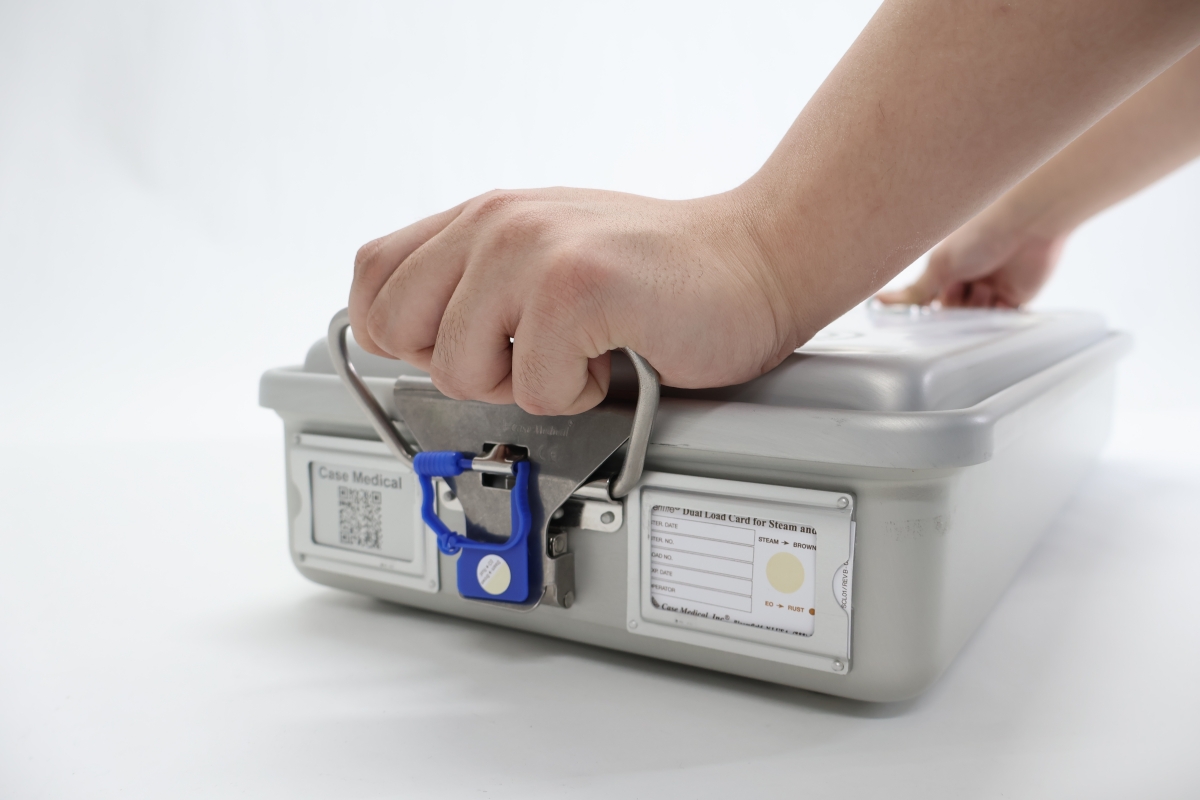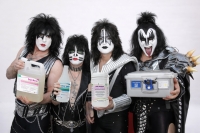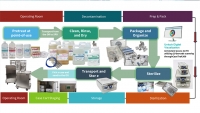
Past History
It's Always Chemical


Protect Your Skin and The Surfaces of Medical Devices
The skin is the body's largest organ, made of water, protein, fats, and minerals. Our skin protects our body from germs and regulates body temperature. Without it, we'd literally evaporate. Further, our skin protects us against microorganisms, dehydration, ultraviolet light, and mechanical damage; the skin is the first physical barrier that the human body has against the external environment. Healthy skin is smooth, with no breaks in the surface. When it comes to promoting healing of open wounds, the best way to maintain a clean environment is to clean a cut, a scrape, or puncture wound with cool water. We are told that it is best to hold the wound under running water. We are encouraged to avoid strong soaps and detergents that strip oil from the skin and can damage the surface. One of the reasons, Case Medical developed its skin care line was the damage we saw on our skin during COVID when wearing a mask and the frequent use of hand sanitizers was necessary not only in healthcare settings, but at work, home, whenever we were in contact with others.
A Safer Certified Skin Cleanser


Do No Harm
Contact us today to learn more about our sustainable cleaners to preserve your reusable devices and our certified skin cleanser designed to protect your skin from damage. If you are attending HSPA, we look forward to seeing you in Las Vegas later this month. Join our Saturday Hands On Workshop, Crafty Case Solutions, and visit our booth to see our products in action. Case Medical, a U.S. EPA Safer Choice Partner of the Year, supports best practices, while developing products that do no harm.
We will be in attendance tomorrow night at the Victoria Library in London for the launch of Materials and Sustainability, the Industry's Role in a Sustainable Future. Case Medical and our CEO, Marcia Frieze, are featured in the first chapter of the book. Marcia is looking forward to meeting the authors in person and the others who contributed to the book who are committed to a sustainable future. Learn more about it next week!
Visit us anytime at www.casemed.com to learn more about our products and services. We are here to help. Case Medical is a U.S. EPA SAFER CHOICE Partner or the Year for Manufacturer Formulator and recognized in NJ as Innovative Manufacturer of the Year.
Kindest Regards,






